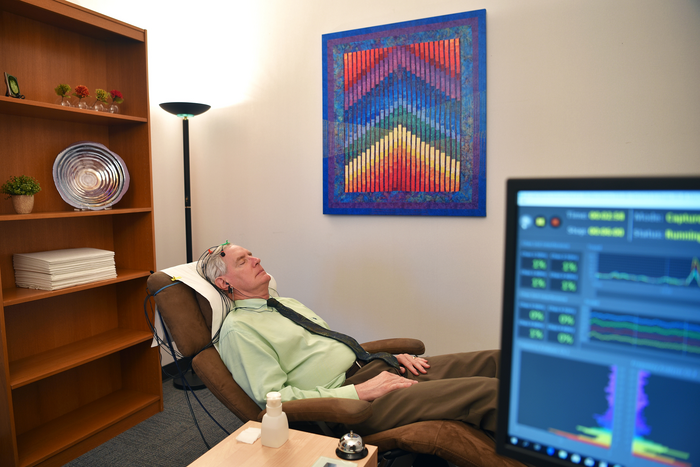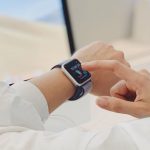Many studies have shown that insomnia can increase the risk of heart problems, obesity, diabetes and other conditions.
Now, a new study from the US shows that use of a non-invasive neurotechnogy can lead to significant improvements in sleep quality and autonomic nervous system function.
Cereset ResearchTM with Standard Operating Procedures (CR-SOP) is a non-invasive, closed-loop technology that uses scalp sensors to monitor brainwaves.
The technology uses software algorithms to translate specific frequencies into audible tones of varying pitch.
The tones linked to brainwaves are echoed back in real time via earbuds, allowing the brain a chance to ‘listen to itself’ by looking at itself in an acoustic mirror.
Charles H. Tegeler, M.D., chair of neurology at Wake Forest University School of Medicine, said:
“CR-SOP allows the brain to reset from stress patterns that contribute to insomnia.
“During the intervention, the brain continuously updates with respect to its own activity patterns, resulting in auto-calibration or self-optimisation.”
In a randomised and controlled study of 22 adults, researchers compared changes on the Insomnia Severity Index (ISI), a self-report instrument which is used to assess insomnia symptoms.
Around half of the participants received 10 sessions of CR-SOP linked to brainwaves while the control group received 10 sessions of randomly generated auditory tones.
The sessions were received over a mean of 15.3 days.
Researchers also recorded heart rate and blood pressure to assess autonomic cardiovascular regulation in the participants.
After completing the sessions and at follow-up visits up to six weeks later, subjects in the CR-SOP group reported reduced insomnia symptoms.
These participants also showed statistically and clinically significant improvements in autonomic function across multiple measures such as heart rate variability (HRV) and baroreflex sensitivity (BRS) compared to those who received random tones.
HRV is a powerful biometric that reflects the health of the autonomic nervous system while BRS measures blood pressure regulation.
HRV is linked to a number of important health and well-being outcomes.
These findings are in line with previous HIRREM research that showed a reduction in insomnia symptoms.
According to Tegeler, the study also used standard operating procedures, ensuring that all subjects received the same sequence of protocols.
Taken together, this greatly increases the scalability of the approach so that more people might have access, more quickly, the researcher said.
Tegeler said:
“Closed-loop acoustic stimulation can improve sleep as well as autonomic function in those who suffer from insomnia.
“This pilot study demonstrates these benefits with CR-SOP from sessions received over a short period.
“This is also an important step in showing the intervention’s potential scalability for treating more people.”
Ongoing clinical trials are focusing on stress and anxiety in healthcare workers and caregivers.
Image: Wake Forest University School of Medicine




